#USEconomy #Recession #FederalReserve #ConsumerSpending #InterestRates #Inflation #PoliticalImpact #BusinessOutlook
In recent analyses, the economic outlook for the United States has shown signs of significant weakening, as evidenced by fresh data from regional Federal Reserve surveys in Dallas, Richmond, and Philadelphia. These surveys reveal a deepening contraction in business activities, contradicting hopes for a robust recovery post-2021. With capital expenditures floundering, new orders plummeting, and employment figures declining, the sentiment among business leaders is gravely pessimistic. This gloom is buttressed by images and data from Bloomberg, showcasing the tangible setbacks facing various sectors of the economy. Respondents to these surveys are notably less optimistic about future business prospects, reflecting a widespread concern over the nation’s economic resilience against recent adversities.
At the heart of these concerns are the consumer behaviors and Federal Reserve policies. There’s an evident pullback in consumer spending, a critical engine of the U.S. economy, which according to business leaders could lead to severe downsides if it continues at the current pace. The Federal Reserve’s hesitance to adjust interest rates in response to these trends has only compounded fears, with many fearing that by the time actions are taken, consumer spending will have dwindled to recessionary levels. Observations from within the industry also challenge the narrative of easing inflation, noting that despite wider economic reports, costs in fields like design and construction continue to rise, further squeezing businesses caught between increasing expenses and pressures to lower prices.
Moreover, the strain on consumers is palpable, with increasing personal debt and rate uncertainties halting economic activity. Narratives from the trenches depict a grim picture of financial distress among Americans, choosing between fundamental needs and financial obligations, a situation exacerbated by what some describe as the worst business period in over a decade. This consumer hardship, paired with delays in purchasing decisions and an overall scarcity of funds for services, outlines a dire need for a coherent response to mitigate these pressing challenges.
Political dynamics also play a considerable role in shaping economic forecasts, with business leaders expressing concern over the influence of politics on corporate decision-making and market stability. The looming election is seen as a pivotal factor that could determine the trajectory of American business, amidst growing perceptions of the U.S. losing its geopolitical leverage. Criticisms over anti-business policies and the increasing political noise further cloud the future of U.S. business competitiveness, especially in the face of international contenders like China. Amid these discussions, a creative plea through a limerick underscores the desperation for policy adjustments to facilitate better economic conditions, echoing a broader call for action to steer the economy back toward growth and stability.

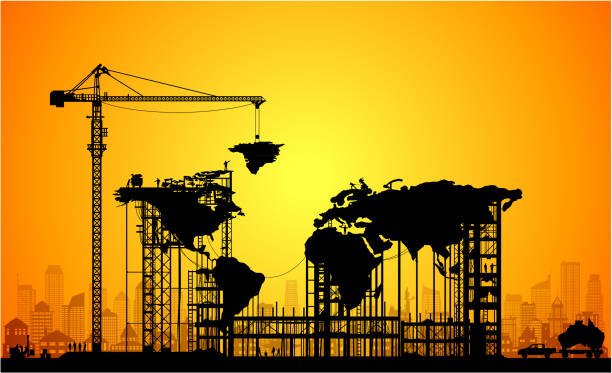
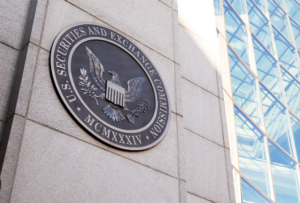

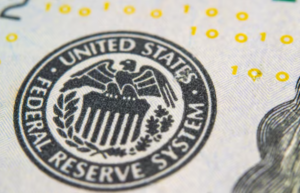
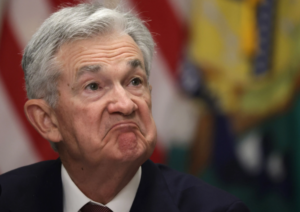
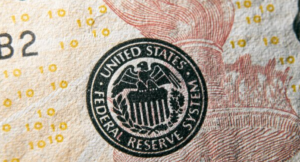
Comments are closed.